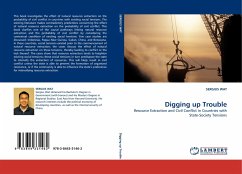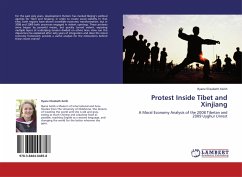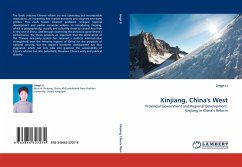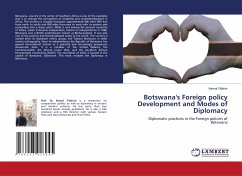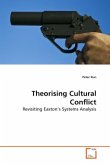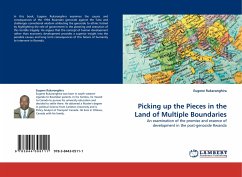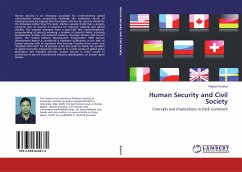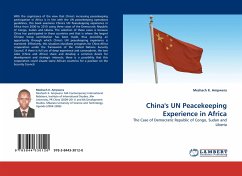This book investigates the effect of natural resource extraction on the probability of civil conflict in countries with existing social tensions. The existing literature makes contradictory predictions concerning the effect of natural resource extraction on the probability of civil conflict. This book clarifies one of the causal pathways linking natural resource extraction and the probability of civil conflict by considering the contextual condition of existing social tensions. Five case studies are discussed: Indonesia, Papua New Guinea, Sudan, China, and Botswana. In these countries, social tensions existed prior to the commencement of natural resource extraction; the cases discuss the effect of natural resource extraction on these tensions, thereby leading to conflict or the lack thereof. The cases show that resource extraction tends to heighten existing social tensions; these social tensions in turn predispose the state to intensify the extraction of resources. This will likely result in civil conflict unless the state is able to prevent the formation of organized resistance, or if the community is able to influence the state's preference for intensifying resource extraction.

